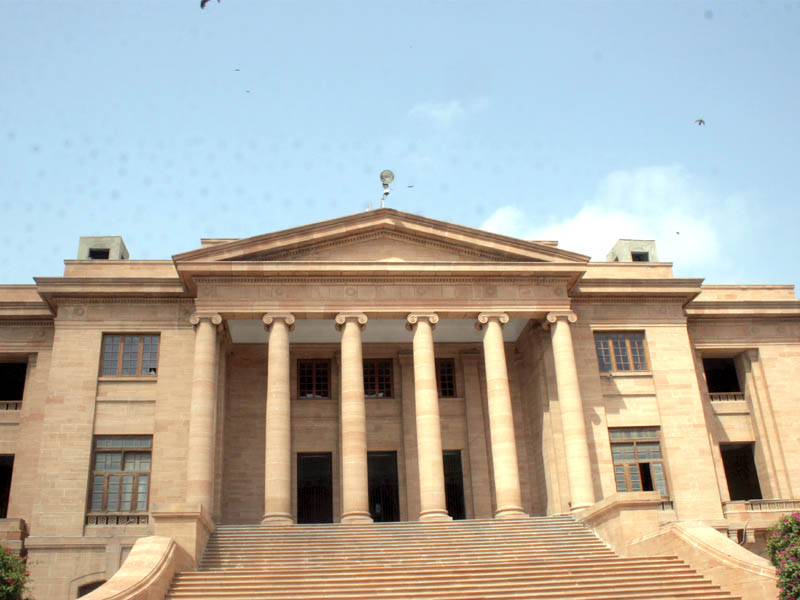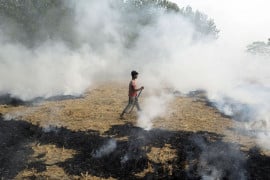
HYDERABAD: Expressing dismay over the Sindh government’s delay, the Sindh High Court on Wednesday gave a three-day deadline to the government to notify a committee for studying the environmental impact of the Thar coal reservoir project. The project, being built around Ghorano village in Tharparkar district, will be used for storage of subsoil water pumped out from the coalfield in Thar Coal Block II.
The local people, who claim that the facility is spread over 2,700 acres of land, have been opposing the project, citing its harmful impact on their health, livelihoods, livestock, pastures and environment. Sindh Engro Coal Mining Company (SECMC), which is executing this $2 billion coal mining and power generation project, claims to have legally acquired only 1,500 acres of land and refutes the hazards attributed to the reservoir.
The Hyderabad Circuit Bench ordered on December 6 the formation of a three-member committee of experts headed by former Karachi commissioner Asif Haider Shah to scrutinise the reservoir and submit a report in two months. The court empowered the committee to call any agency for assistance.
It has been tasked with examining the distance between the reservoir and villages of Ghorano and Dukkur Cho, as well as their estimated population. This committee will also have to submit recommendations for protection of the community, environment and wildlife if they are being harmed.
Wildlife
During the hearing the Sindh wildlife department submitted its reply, denying the charges of petitioners Lakho Bheel and other, that the plan will adversely affect the area’s wildlife. The wildlife department also refuted the petitioners’ claims of submitting a complaint to the department in this regard.
“The reservoir site could provide refuge to the precious migratory waterfowls during their winter stay in Sindh and even for human consumption if reverse osmosis plants are installed,” Manzoor Ali Shaikh, Sindh’s secretary of forests and wildlife, stated in the department’s reply.
He apprised the court that subsoil water is widely used by the local residents for human and livestock consumption. He added that the SECMC obtained a no objection certificate from the wildlife department prior to beginning the project’s construction.
The bench, comprising justices Salahuddin Panhwar and Khadim Hussain Tunio, adjourned the hearing till January 19, 2017.
Published in The Express Tribune, December 23rd, 2016.





























































COMMENTS
Comments are moderated and generally will be posted if they are on-topic and not abusive.
For more information, please see our Comments FAQ